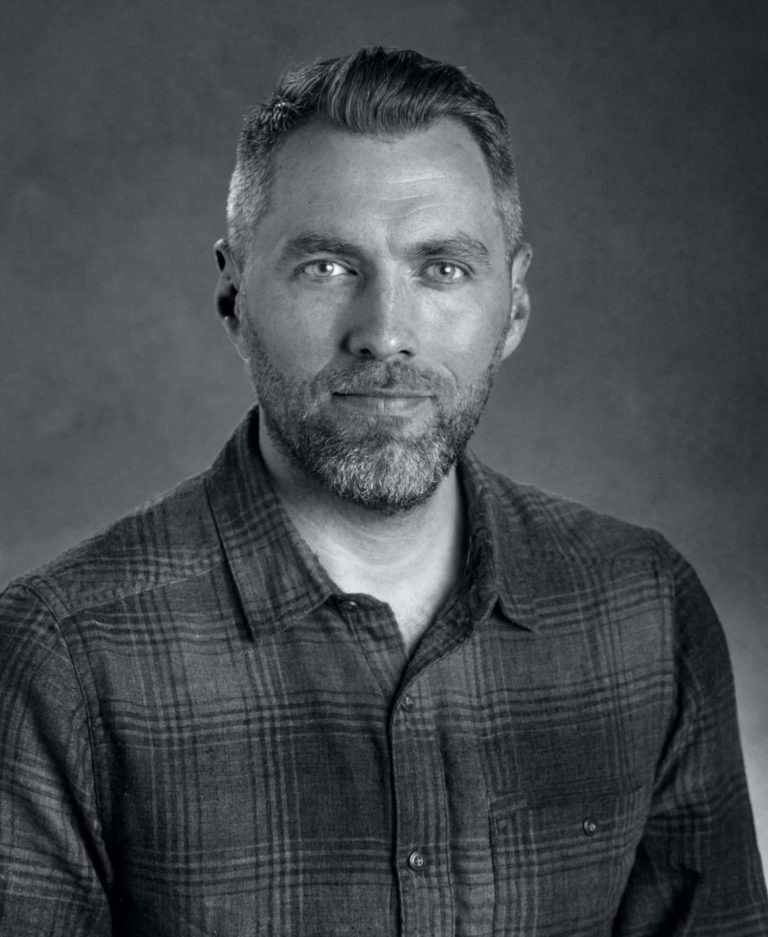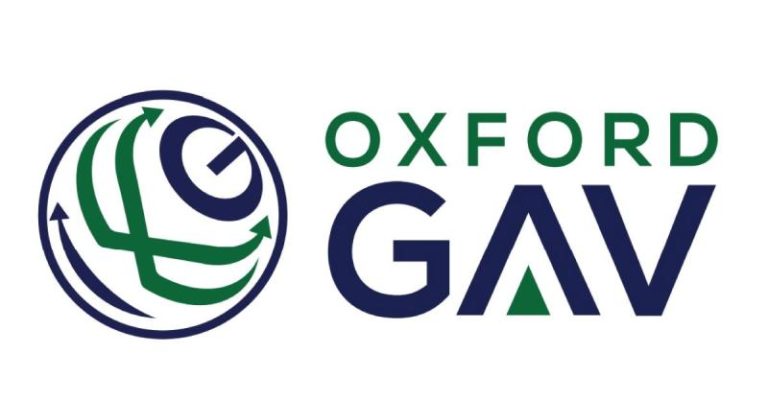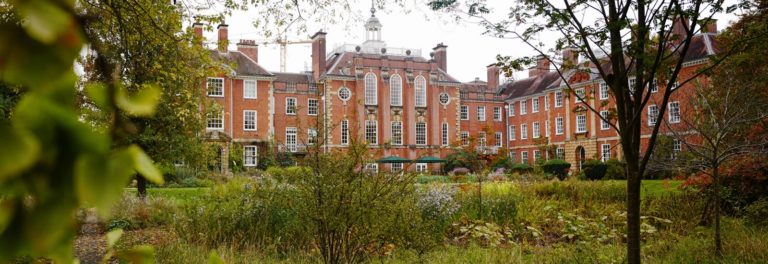Oxford University, in collaboration with Global Accelerated Ventures (GAV) and the research commercialization arm of the university, Oxford University Innovation, are forming the Oxford GAV Conservation Venture Studio (OXGAV).
OXGAV was designed with a very specific purpose: to vigorously help launch technological innovations that can combat the world’s most urgent environmental dilemmas.
Last week Impakter sat down with Dr. Robert Montgomery, Professor of Conservation Science from Michigan State University, who has accepted the Managing Director position at OXGAV Studio, to understand better how the world’s first-ever conservation studio will work.
Here’s what he had to say: When I saw the announcement, I thought it was bizarre that something like this hasn’t already happened. Maybe you can start by breaking all of this down for us?
When I saw the announcement, I thought it was bizarre that something like this hasn’t already happened. Maybe you can start by breaking all of this down for us?
Dr. Robert Montgomery: The reason folks are asking “why hasn’t this been done before” has much to do with our conceptualizations of what conservation is. Conservation Biology as a discipline is only 40 years old. It was born in 1979 at a conference in Southern California and it was largely predicated upon development-based principles.
Concurrent with that, there has been immense conservation coverage in documentaries with the BBC, ITV, and other media. Those have pushed the public opinion to believe conservation is just a vocational discipline and there is not a whole lot of money in this sector.
OXGAV is the first conservation venture studio, however, there are still barriers to the recognition of the potential for commercialization in this field. We have simultaneously the opportunity to capitalize and create an incubator for a technological revolution, that will also work towards solutions for global problems.

In terms of the actual breakdown of what this venture is going to look like could you tell us where Oxford comes into all of this & why the research arm is such an important element?
Dr. R.M.: Oxford University has a profound commitment to conservation. Lady Margaret Hall was the first college that started a conservation unit called the Wildlife Conservation Research Unit ran by the Chairman of the Joint Steering Committee of the Conservation Venture Studio, Professor David MacDonald
Additionally, Oxford University is changing how departments can work together in an interdisciplinary way, which is going to be catalyzed by the brand new Life & Mind building which is breaking ground right now and opening at Oxford in 2024.
We are starting this at the right time, as the Covid19 pandemic has made everybody realize the way in which a conservation problem that has not been properly addressed can impact us all.
If we are going to prevent something like this from happening again, if we are going to create a more profitable and sustainable society for our children and our children’s children; then we need to take immediate action in addressing these conservation problems today.
In the Photo: OXGAV Logo. Photo Credit: OXGAV
Can you tell us how OXGAV will be operating?
Dr. R.M.: The way we will be operating is to launch long-term collaborations with a series of vibrant partners. One of our primary partners here is Oxford University Innovation.
By working in collaboration with Oxford University, we will socialize the opportunity for research and development among Oxford faculty across 10 different departments.
The six members of the Joint Steering Committee will make decisions based upon proposals about which projects will be funded, based on assessments of their potential impact in real-world systems and the potential for commercial value once we get to the commercialization phase.
RELATED ARTICLES: Soaring Cost of COVID for Communities and Conservation| Protected Areas: the Past, Present, and Future of Conservation | Happiness Needs to Be Financed Too – A New Generation of Conservation Finance in Bhutan |Japan’s Climate Finance Is Not as Green as It Seems | China & Singapore Deepen Special Relationship with Green Finance Collaboration
Those projects then receive funding and have a year runway in which they have to finish and conclude the research and development process. In some cases these projects will be in the very early form so will require a bit more funding and time — but the ideas might be so innovative that they are worthy of that additional support and time.
Once the projects will be completed, they will come back to present their results to the Joint Steering Committee, they are then subject to additional support for commercialization of that technology.
We will also provide them with an ecosystem of support necessary to understand how to launch new businesses i.e how to file patents, have interim CEOs, create corporate partnerships with different folks in the industry who might have an interest in purchasing that technology.

Are you planning to bring different ESG Funds on board with this project? What will the vetting process of these funds look like?
Dr. R.M.: Sure. ESG investments can best support the recovery of the natural world from all of the problems we spoke about earlier, so there is tremendous movement in that space and indeed we have been able to launch robust corporate partnerships to recruit investment along with ESG mandates because our investors see the potential of getting both impact and a financial return on investment.
The vetting process for potential investors along ESG is extremely important to us and the University of Oxford. There are diligent checks that take place to ensure that the investors that are coming to the table have very consistent objectives with the university itself, and so we work through an extensive procedure of checks and balances before we onboard any investor.
Personally, did you consider this something that needed to be actioned right now? How do you feel about being part of this program?
Dr. R.M.: I had a daydream about my retirement party and there was one scenario where I was maintaining the status quo, having an out-of-body experience listening to what people were saying about me.
In the same daydream but in another scenario, I helped to co-found the world’s first-ever conservation venture studio, which had as its follow on, all of these tremendously positive impacts on society. The things people in my daydream were saying in that second version of reality were much more illustrious and impressive than the first.
I think the risk we all experience in life is that maintaining the status quo can be very comfortable and very easy, to the point where years can go by and we ask ourselves, what have we actually accomplished?
But sometimes there are opportunities, which allow you at the end of the day to figure out how to put your fingerprint on society. OXGAV conservation venture studio represents that opportunity for me.
In the cover picture: Tech and the natural world. Photo Credit: University of Oxford.
Editor’s Note: The opinions expressed here by Impakter.com contributors are their own, not those of Impakter.com









